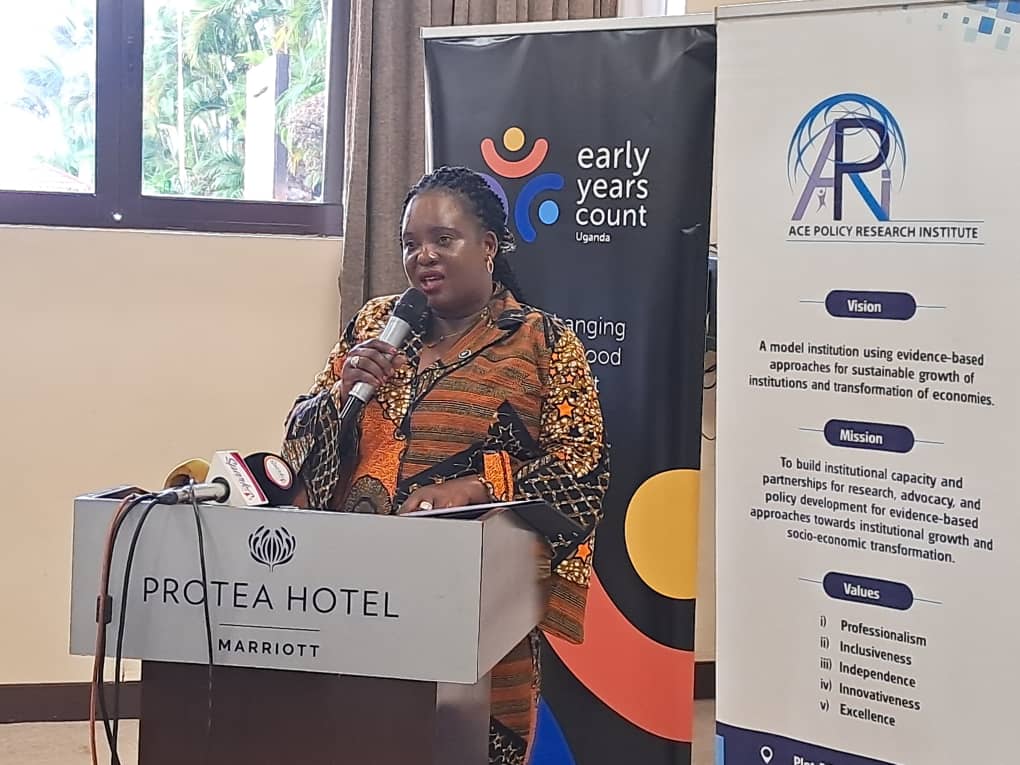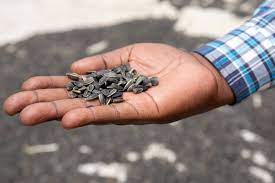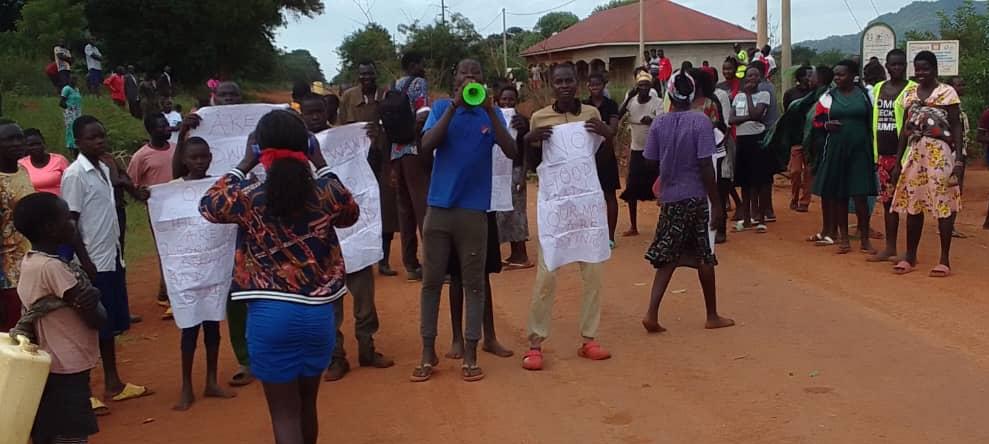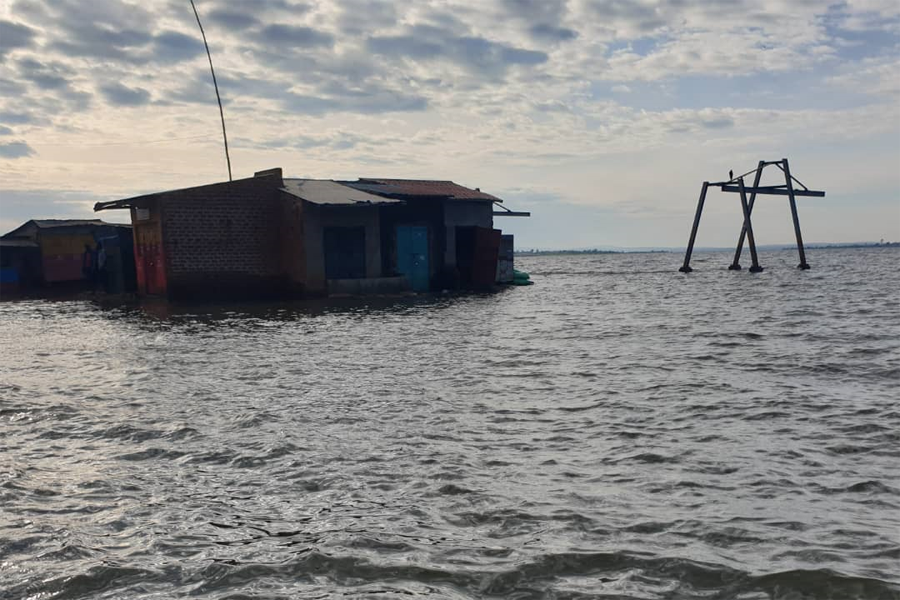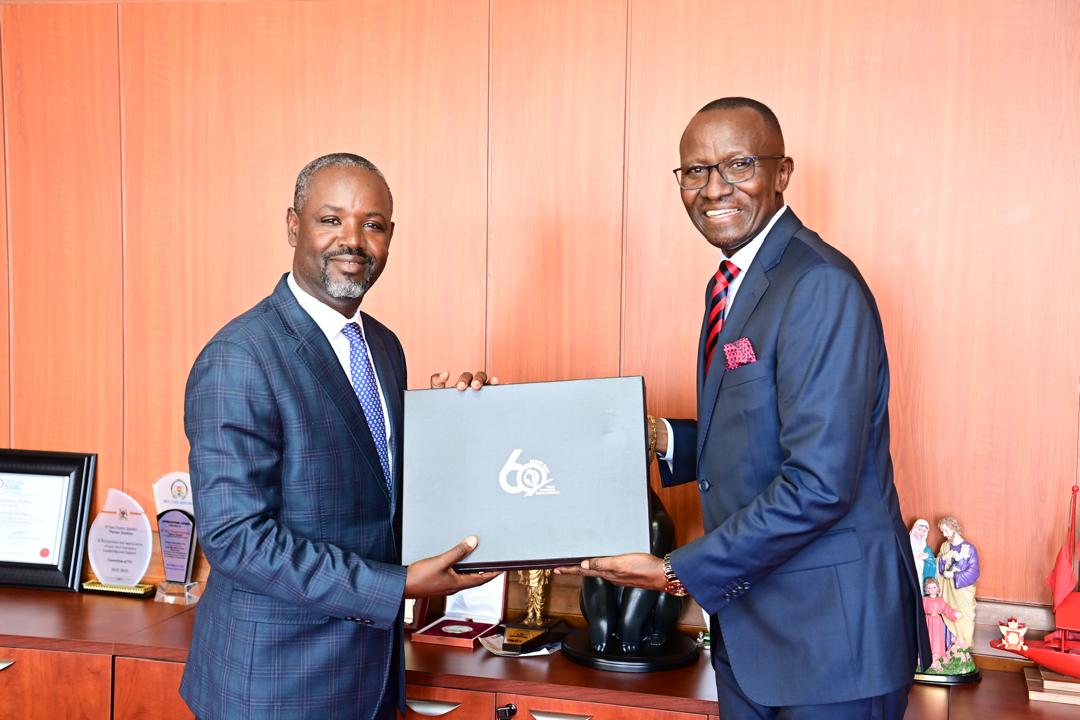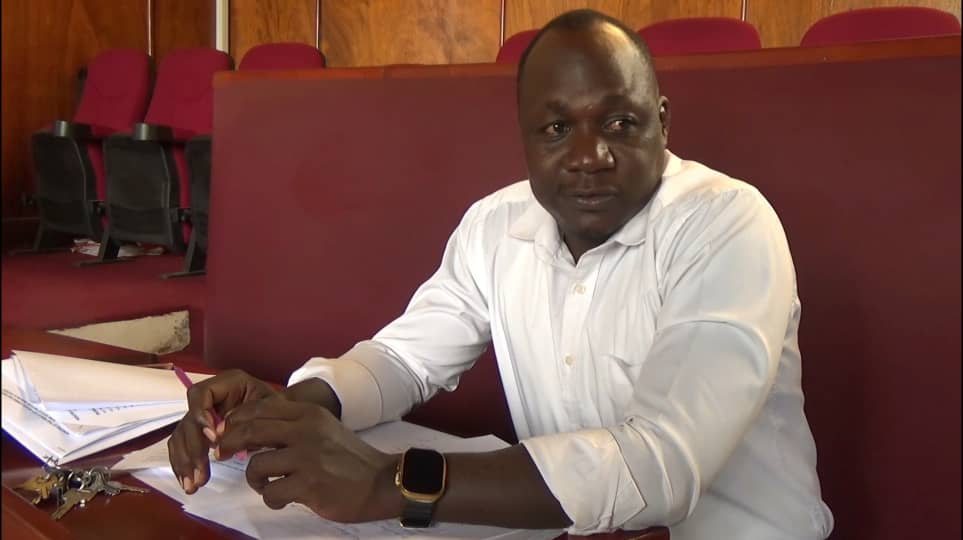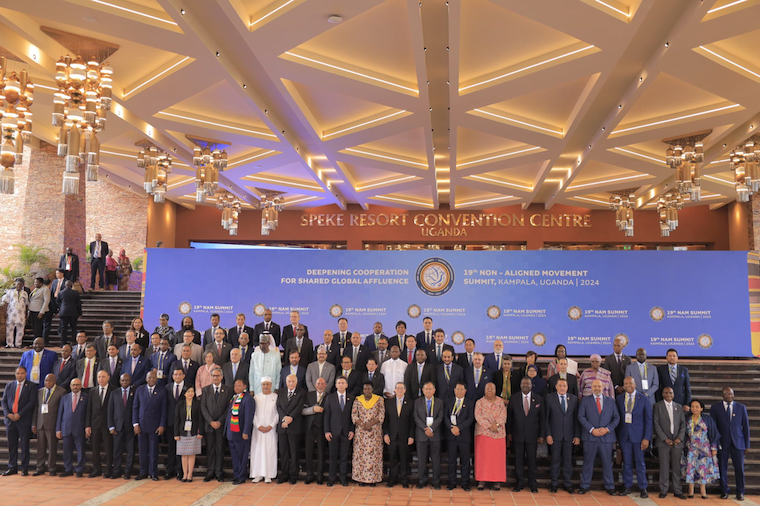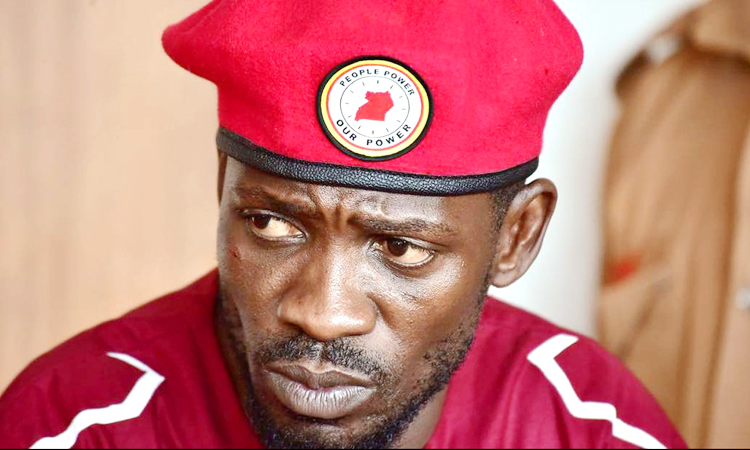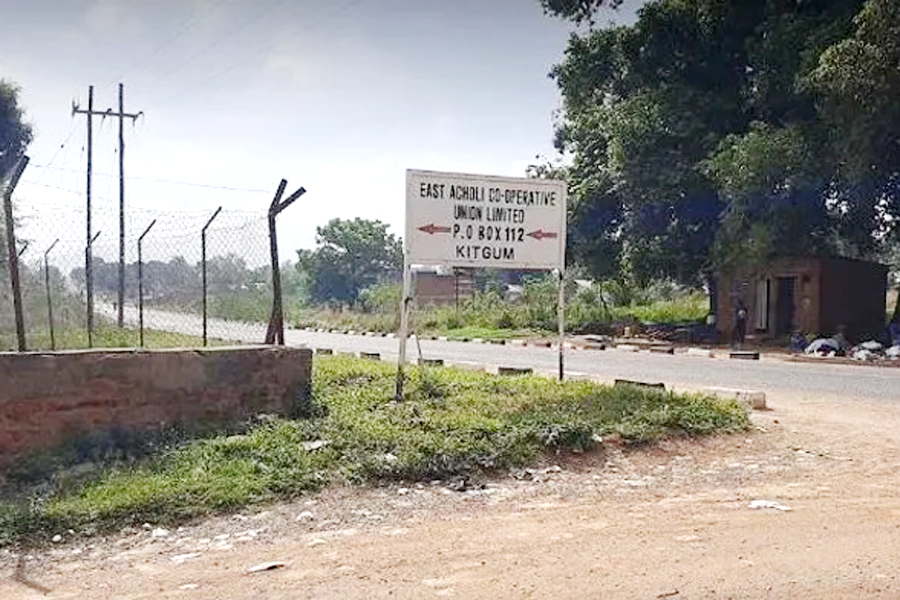Uganda presents package of alluring incentives for Turkish investors
Uganda and Turkey have enjoyed cordial and bilateral trade relations since 1969. The 50 years of trade relationship emanates from the Turkey-African business relations that started with the Turkish Ottoman Empire which in 1500 opened trade routes through Egypt to Kanem-Bornu Empire.
The history and nostalgic attachments of this previous development were dominantly visible at the Uganda – Turkey Investment, Trade, Industry and Tourism Summit in Munyonyo on Thursday as Turkish Ambassador to Uganda H.E Kereem Alp addressed the mixed audience in both Luganda and Swahili dialects comfortably.
Keep Reading
At the backdrop of the event was a trading volume between both countries which increased to US$71 million (2021), up from US$63 million in 2020. In 2021 alone, Turkish exports to Uganda increased by 26% and Uganda’s exports to Turkey increased by 418%.
It is on that note that President Museveni, the chief guest at the event strategically hosted by the lakeside pitched Uganda as a country full of untapped potential, yet able to be a centre of production.
President Museveni cited that Uganda is a production powerhouse for almost everything, from foods to minerals, unfortunately, it lacks the ability to add value to the products thus unable to achieve social-economic transformation in the short run.
Indeed, Uganda produces approximately 2.5m tonnes of maize, 8 million bags of coffee, about 60m kilograms of tea and 10 million tonnes of Bananas while the country will very soon hit the 3 billion-litter mark for milk.
“Where you are now (President Museveni said), you can make profits if you invest here. What you need for investment to happen is to produce a good or service, and have a market and infrastructure to link you to the market. Uganda has good conditions for all that.”
“What is disturbing us is mainly value addition. We have so much capacity but we can not add value. Even on the side of minerals, we need steel, phosphates, and lithium batteries among others but we have the minerals here,” he added.
On this note, President Museveni expressed that Africa, in general, is so rich, that “everything is here. This is Paradise,” but its wealth and size have not been fully utilised by the locals hence the need for far-sighted investors.
“Africa is 12million Square miles, which means that it is 12 times the size of India but India has a bigger population and market. But Africa will have a bigger population in the next few years of about a 2.5billion people which could be bigger than any in the world. This means you investors are actually in the right place at the right time,” he said.
A blockbuster of incentives for Turkish investors had been announced prior by the Minister for Investment and Privatisation, Evelyn Anite.
According to Anite, Uganda’s growth under the leadership and persuasion of President Museveni is unstoppable, she recited the informal tag line of Uganda as a “Pleasant, Peaceful and Profitable.”
Incentives presented.
According to the incentives announced during the event by the government, Turkish investors who close deals during the summit or post-summit will have a tax holiday of ten years.
The investors will also be given land starting with the newly earmarked Nakasongola Industrial Park land which will be launched Friday 13 May 2022 as the final event of the summit.
The government will exempt import duty on plant and machinery which is a result of investment actions between Turkey and Uganda.
Investments in Agricultural Value Addition will not be taxed.
Investors whose aim is to manufacture in Uganda for export will also receive a tax holiday for ten years.
The government also has a guaranteed market through its blocs like the East African Market where 300million consumers will be targeted.
Using its might, the government pledged to push products to the African Market through to the 1.7billion consumers under the African Free Trade Area.
Notwithstanding, Uganda according to the latest datasets from the World Bank, has one of the lowest crime rates and most stable inflation rates in East Africa, averaging 4.89 per cent.
Additional incentives
Uganda has a robust young and trainable population with a literacy rate of 77 per cent. Uganda has the fastest growing workforce in the region and flexible labour regulations, a key advantage for companies investing in labour-intensive operations. The average annual growth, from 2018-to 2022 was 3.97%. The average labour costs for unskilled and skilled production operatives in the agribusiness operation labour costs in Uganda excluding social security costs is USD 440, which is the lowest in the EAC region.
Uganda’s electricity costs are competitive at 80% of Kenya’s costs. The average industrial cost per kwh for the large industrial users in 2019 is USD 0.085 and off-peak at USD O.05 Cents.
According to Benchmark from Financial Times Limited; Uganda has an excellent working and living environment: Rated as the 3rdmost welcoming country in the world and 4th best country in the world to visit. Uganda has excellent housing and international schools and the lowest cost of living in the region.
And to add to the incentives, Mr Robert Mukiza, the Director-General of Uganda Investment Authority said that the country is redoubling its investment promotion efforts and lowering the Cost of Doing Business, in order to position Uganda as the premier destination for investment in Africa.
He added that through the One-Stop Centre at the Uganda Investment Authority, it is now possible for investors to get their investment and Business licenses in less than 24 hrs, calling upon investors to seal deals instantly.
Mr Mukiza’s comments were re-echoed by the Deputy Minister of Trade for Turkey Mr Riza Tuna Turagay who said the summit should be used to get results by signing deals quickly.
“We value Uganda’s potential, we want value-added results out of this event,” he said.
“Uganda is the rising star of Africa, while Africa is the future of the world’s economy,” Mr Riza Tuna added.
Utility
The total amount of capital brought to Uganda by Turkish contractors during the COVID period surpassed $300m.
Uganda and Turkey are members of the Organization of Islamic Conference (OIC) and have implemented several joint projects in the Education, Agriculture value addition, Environment, Infrastructural Development, ICT and Construction spheres through the Turkish Cooperation and Coordination Agency (TIKA).


